








The Sanctuary Vancouver Island
Verified Center
This provider's information has been quality-checked by Recovery.com's Research Team for accuracy and completeness, including center verification through appropriate third-party organizations.
Treatment Focus
This center treats substance use disorders and mental health conditions. You'll receive individualized care catered to your unique situation and diagnosis, learn practical skills for recovery, and make new connections in a restorative environment.
Primary Level of Care
Offering intensive care with 24/7 monitoring, residential treatment is typically 30 days and can cover multiple levels of care. Length can range from 14 to 90 days typically.
Treatment Focus
This center treats substance use disorders and mental health conditions. You'll receive individualized care catered to your unique situation and diagnosis, learn practical skills for recovery, and make new connections in a restorative environment.
Primary Level of Care
Offering intensive care with 24/7 monitoring, residential treatment is typically 30 days and can cover multiple levels of care. Length can range from 14 to 90 days typically.
Private Pay
You pay directly for treatment out of pocket. This approach can offer enhanced privacy and flexibility, without involving insurance. Exact costs vary based on program and length of stay. Contact the center for specific details.
The Sanctuary Vancouver Island
The Sanctuary Vancouver Island
About The Sanctuary Vancouver Island
Off the southwestern mainland of British Columbia, The Sanctuary Vancouver Island offers an individually tailored treatment experience for VIP clientele seeking exceptional privacy and care. They elevate client well-being through secure, high-quality luxury healthcare delivered by an expert medical and therapeutic team. They provide complex medical care, immersive therapeutic retreats, and rehabilitation programs addressing addictions, mental health challenges, complex medical needs, and whole-person rejuvenation.
Receive a Unique, Holistic Program
To induce deep and long-lasting healing, all elements of the client’s program are individually tailored and conducted on a one-to-one basis. Each client is assigned their own multidisciplinary team coordinated by expert clinical consultants. Combining the best of allopathic and complementary medical traditions, the team delivers a customized blend of intensive psychotherapy, bodywork, fitness, acupuncture, creative therapies, relaxation, meditation practices and nutrition to treat and heal the whole being.
Live in Extreme Comfort with Utmost Discretion
Each client is housed in their own luxury private residence. The Sanctuary has a range of properties at their disposal: comfortable waterfront, luxury modern, homestead style and everything in between. Unless the client has arranged for a family member or significant other to accompany them in their program, the residence remains entirely their own (with the company of personal support staff). Clientele can request additional security measures as required.
Return Home with a Sustainable Plan
The Sanctuary designs aftercare programs that instill the skills and confidence needed to continue advancing in recovery. Clients can choose to complete aftercare in their country/state of origin or in a supported environment on Vancouver Island. Aftercare plans often include referrals to local practitioners, regular calls with Sanctuary therapists, inspiration from recovery coaches, and arrangements for an aftercare support person to accompany the client home upon program completion.
Center Overview
Treatment Focus
This center treats substance use disorders and mental health conditions. You'll receive individualized care catered to your unique situation and diagnosis, learn practical skills for recovery, and make new connections in a restorative environment.

The Sanctuary Vancouver Island
Pricing and Program Length
Estimated Center Costs
The cost listed here (US$225k for 3 weeks), is an estimate of program cost. Center price can vary based on program and length of stay. Contact the center for more information. Recovery.com strives for price transparency so you can make an informed decision.




Additional Location
Recovery.com Verified Listing
Recovery.com verified that the name, location, contact information and license to operate for this treatment provider are valid and up-to-date.

Licensed
Recovery.com is an independent, third-party mental health resource. Verification does not imply endorsement and does not guarantee the quality of treatment services.
Meet Your Care Team
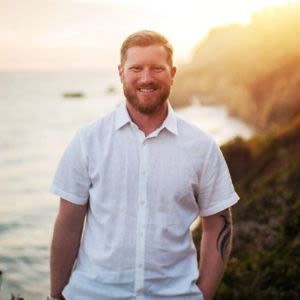
Nicholas Russi
International Clinical Program Consultant
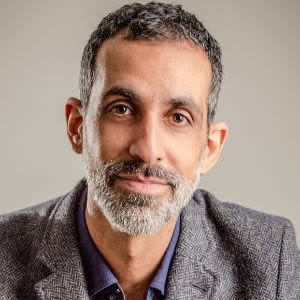
Dr. Shahar Rabi
Clinical Director
PhD, MA, MEd, BA
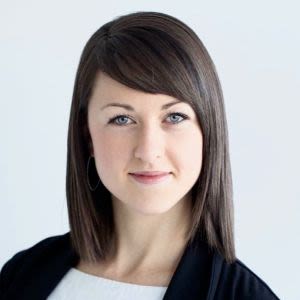
Nikita Paddock
Director of Nursing
RN, BScN Hons
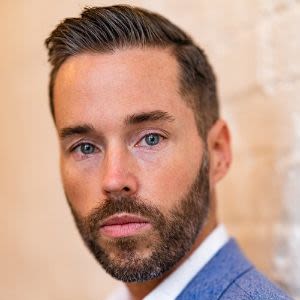
Dr. Randal Mason
Senior Medical Doctor
MD, CCFP, CCSAM
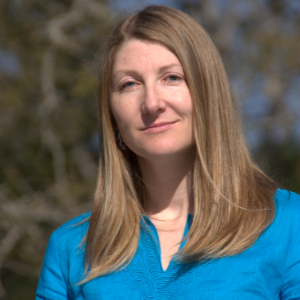
Dr. Monika Brandstaetter
Senior Clinical Psychologist
PhD, MA, RCC
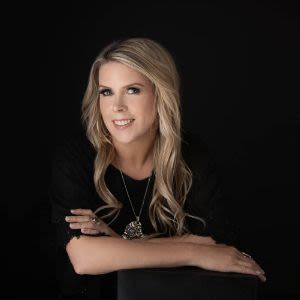
Kymberly Nicholson
Director of Physical Therapies
RN, Fitness Coach & Personal Trainer
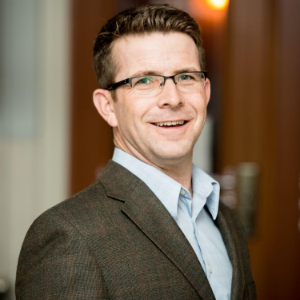
Dr. Nick Withers
Emergency Medicine Physician
CD, MD, CCFP(EM), FCFP
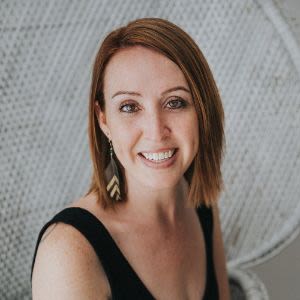
Marnie Delanghe
Director of Creative Therapies
BSW
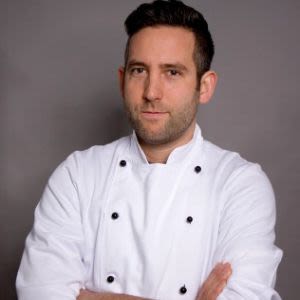
Landon Crawford
Director of Culinary Services
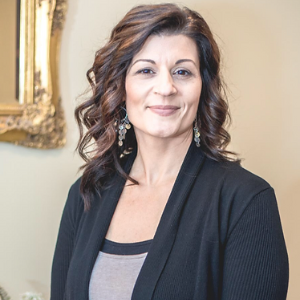
Cindy Brown
Director of Esthetics & Spa Treatments
Esthetician/Spa Therapist
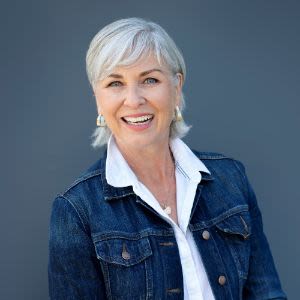
Michele Davis
Director of Concierge Services
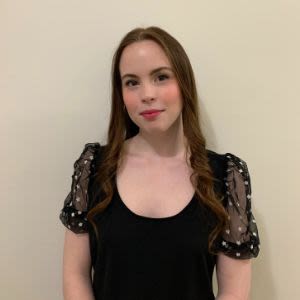
Dominique Skogstad
Director of Housekeeping
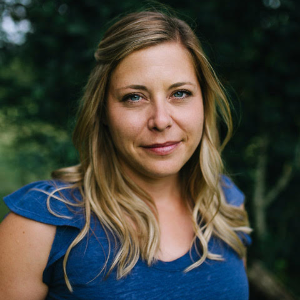
Sarah Montes
Case Manager
BScN, MACP, CCC, RCC

Dominique Vincenz
Case Manager

Carla Beer-Carpenter
Dietitian
Bachelor of Clinical Nutrition

Dr. Allen Berger
Gestalt Psychologist
Ph.D

Mary Elizabeth Holmes
Clinical Hypnotherapist and Life Coach
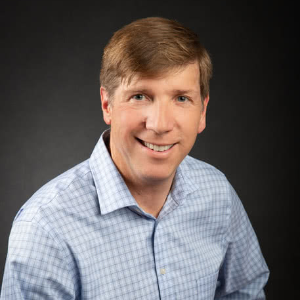
Dr. Bryan Friedmann
Optometrist
BSc, OD

Dr. Megan Yim
Chiropractor
BA Sc. (Psych), MSc, DC
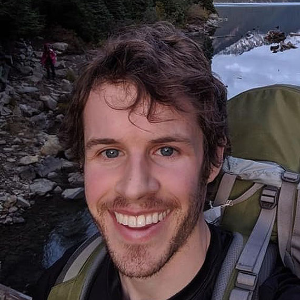
Matt Heidema
Physiotherapist
DPT
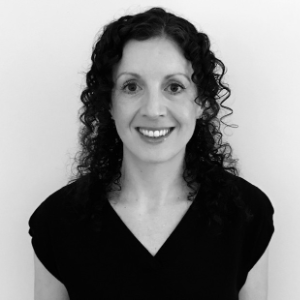
Janine Drummond
Physiotherapist
MPT, MA, BA

Laura Stewart
Physiotherapist
MScPT
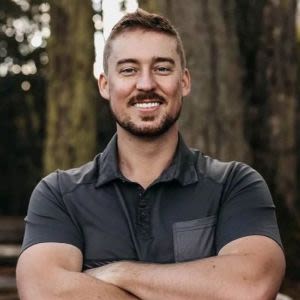
Keegan Hucul
Personal Trainer
NASM Certified Master Trainer
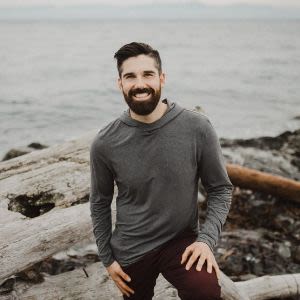
Brandon Sherbrook
Personal Trainer
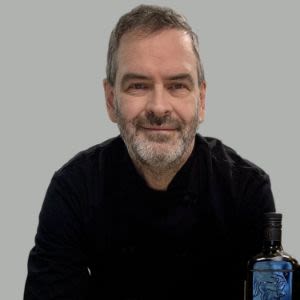
Jean-Fancois Guenette
Personal Chef
Culinary Arts Hons
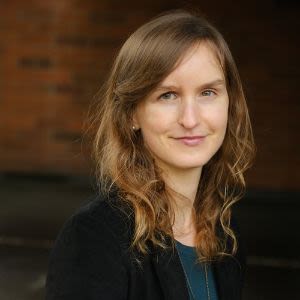
Joelle Gaudet
Personal Chef
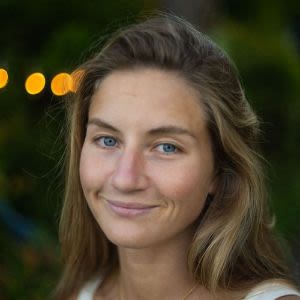
Meesh Coles
Chef and Nutritionist

Kirsten Trant
Massage Therapist
Diploma of Massage Therapy
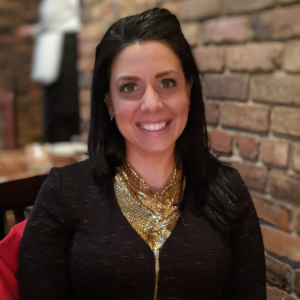
Jessica Jarabek
Massage Therapist
RMT (Canada), LMT (United States)
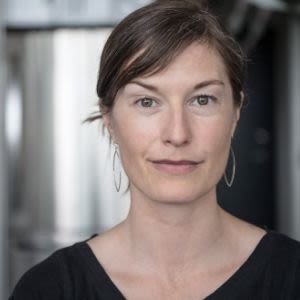
Sarah Holmes de Castro
Therapeutic Yoga Instructor
M.A., TCTSY-F, C-IAYT
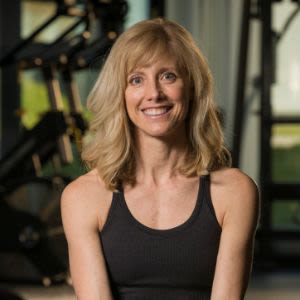
Dr Tanis Farish
Exercise Physiologist YOGA
PhD, RYT, CSEP-CEP®
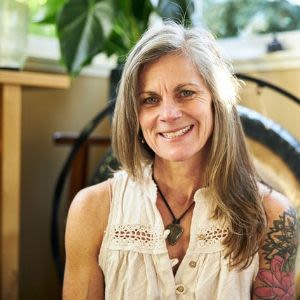
Liz Hargreaves
Somatic Movement Therapist
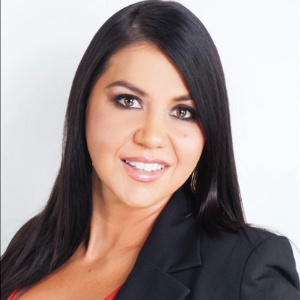
Sydney Smith
Consultant Clinical Psychologist – Gaming and Gambling Addictions
BSc (Clin Psy), MSc, LPC, LADC, ICGC-II
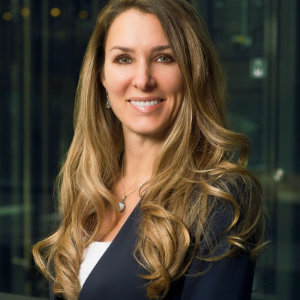
Jayn Steele
Food Addiction Recovery Coach
BA (IDST), FAC, HMA
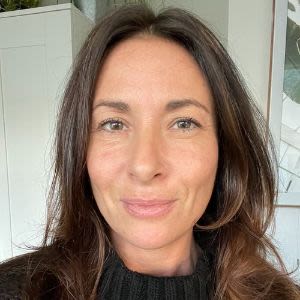
Ali Kay
Reflexology Therapist
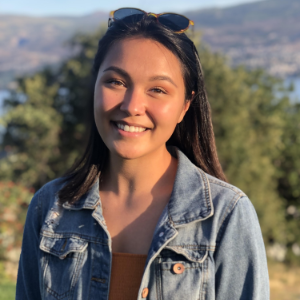
Lista Spensley-Tagornak
Counselling Art Therapist
MCP:AT
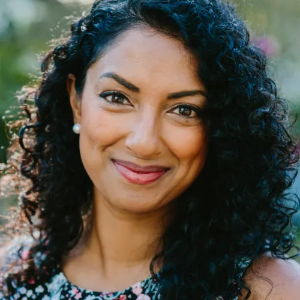
Supriya Crocker
Neurologic Music Therapist
B.Sc.(Psych) & Bachelor of Music Therapy
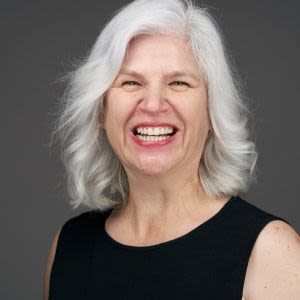
Maria Koropecky
Creative Writing Coach
BA English Literature Hons, Certifications in Life Coaching & Mentoring
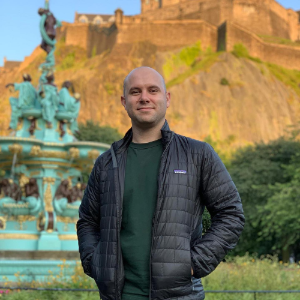
Adam Schellenberg
Videography & Film Production Instructor
Master of Science (Media Management), BA Communications & Media
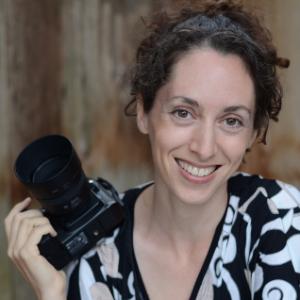
Naomi Maya
Photography Instructor
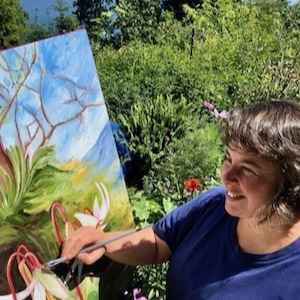
Lesley Friedmann
Art Recreation – Painting Instructor
BA, MA
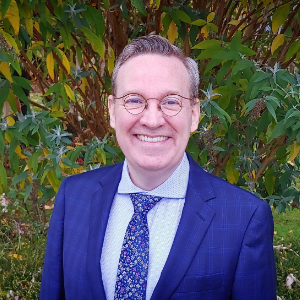
Daniel Seguin
Dance Instructor

Kaitlin McManus
Environmental Arts Therapist & Meditation
Environmental Arts Therapist & Meditation
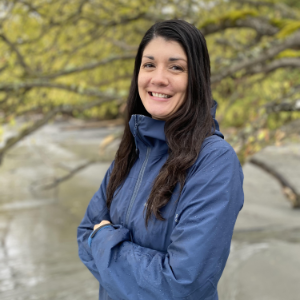
Toni Chalk
Rainforest Tour Guide

Marianne Fish
Nature and Hiking guide
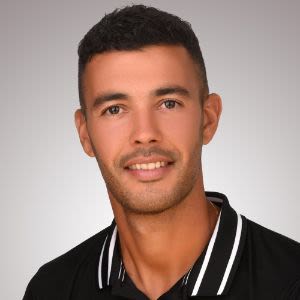
Neil Scantlebury
Tennis Coach
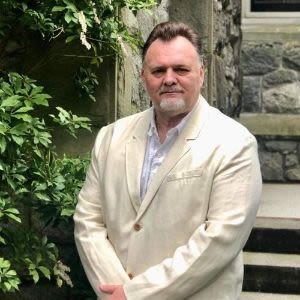
David B. Green
Executive Director & Co-Founder Vice Chairman - The Sanctuary World
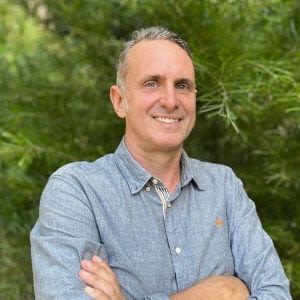
Dr. Rob Walsh
CEO - The Sanctuary World
FACRRM, MBBS Hons (USyd), MA, BA Hons
Your Care Options
Specializations
Anxiety
Anxiety is a common mental health condition that can include excessive worry, panic attacks, physical tension, and increased blood pressure.
Burnout
Burnout entails mental and physical exhaustion, and leads to a severe lack of fulfillment. This condition is often caused by overwork.
Depression
Symptoms of depression may include fatigue, a sense of numbness, and loss of interest in activities. This condition can range from mild to severe.
Executives
Executive treatment programs typically directly support the needs of people who manage businesses and may provide flexible schedules and office space to allow work during treatment.
One-to-One
Patients work with their treatment team members on a 1-on-1 basis, keeping their journey and treatment fully private and personalized.
Trauma
Some traumatic events are so disturbing that they cause long-term mental health problems. Those ongoing issues can also be referred to as "trauma."
Who We Treat
Executives
Executive treatment programs typically directly support the needs of people who manage businesses and may provide flexible schedules and office space to allow work during treatment.
LGBTQ+
Addiction and mental illnesses in the LGBTQ+ community must be treated with an affirming, safe, and relevant approach, which many centers provide.
Men and Women
Men and women attend treatment for addiction in a co-ed setting, going to therapy groups together to share experiences, struggles, and successes.
Midlife Adults
For adults ages 40+, treatment shifts to focus on the unique challenges, blocks, and risk factors of their age group, and unites peers in a similar community.
Professionals
Busy, high-ranking professionals get the personalized treatment they need with greater accommodations for work, privacy, and outside communication.
Treatment Services
Detox
Detox fully and safely removes toxic substances from the body, allowing the next steps in treatment to begin with a clean slate.
Private Therapy
This is an individual therapy that's often available at private therapy clinics. Clients may be able to choose a therapist who best fits their unique needs.
Residential
In a residential rehab program, patients live onsite, with access to daily treatment and 24-hour care. An average stay is 30-90 days.
Approaches
Evidence-Based
A combination of scientifically rooted therapies and treatments make up evidence-based care, defined by their measured and proven results.
Holistic
A non-medicinal, wellness-focused approach that aims to align the mind, body, and spirit for deep and lasting healing.
One-to-One
Patients work with their treatment team members on a 1-on-1 basis, keeping their journey and treatment fully private and personalized.
One-to-One
Patients work with their treatment team members on a 1-on-1 basis, keeping their journey and treatment fully private and personalized.
Personalized Treatment
The specific needs, histories, and conditions of individual patients receive personalized, highly relevant care throughout their recovery journey.
Therapies
1-on-1 Counseling
Patient and therapist meet 1-on-1 to work through difficult emotions and behavioral challenges in a personal, private setting.
Meditation & Mindfulness
A practiced state of mind that brings patients to the present. It allows them to become fully aware of themselves, their feelings, and the present moment.
Cryotherapy
Stepping into a chamber of extreme cold floods the bloodstream with nutrients and endorphins, helping reduce withdrawal symptoms and cravings.
Trauma-Specific Therapy
This form of talk therapy addresses any childhood trauma at the root of a patient's current diagnosis.
Online Therapy
Patients can connect with a therapist via videochat, messaging, email, or phone. Remote therapy makes treatment more accessible.
Transcranial Magnetic Stimulation
Localized magnetic pulses stimulate areas of the brain to increase brain activity and reduce abnormal functions.
Mindfulness Therapy
This ancient practice can be mental, emotional, and even spiritual. In meditation, you focus your attention on the present moment without judgement.
Conditions We Treat
Pornography Addiction
A person with a porn addiction is emotionally dependent on pornography to the point that it interferes with their daily life and relationships.
Schizophrenia
Schizophrenia is a serious mental health condition that causes hallucinations, delusions, and disordered thinking.
Grief and Loss
Grief is a natural reaction to loss, but severe grief can interfere with your ability to function. You can get treatment for this condition.
Personality Disorders
Personality disorders destabilize the way a person thinks, feels, and behaves. If untreated, they can undermine relationships and lead to severe distress.
ADHD, ADD
ADHD is a common mental health condition caused by dopamine imbalance. Common symptoms include inattention, hyperactivitiy, and impulsivity.
Anger
Although anger itself isn't a disorder, it can get out of hand. If this feeling interferes with your relationships and daily functioning, treatment can help.
Anxiety
Anxiety is a common mental health condition that can include excessive worry, panic attacks, physical tension, and increased blood pressure.
Substances We Treat
Alcohol
Using alcohol as a coping mechanism, or drinking excessively throughout the week, signals an alcohol use disorder.
Benzodiazepines
Benzodiazepines are prescribed to treat anxiety and sleep issues. They are highly habit forming, and their abuse can cause mood changes and poor judgement.
Chronic Relapse
Consistent relapse occurs repeatedly, after partial recovery from addiction. This condition requires long-term treatment.
Co-Occurring Disorders
A person with multiple mental health diagnoses, such as addiction and depression, has co-occurring disorders also called dual diagnosis.
Cocaine
Cocaine is a stimulant with euphoric effects. Agitation, muscle ticks, psychosis, and heart issues are common symptoms of cocaine abuse.
Drug Addiction
Drug addiction is the excessive and repetitive use of substances, despite harmful consequences to a person's life, health, and relationships.
Ecstasy
Ecstasy is a stimulant that causes intense euphoria and heightened awareness. Abuse of this drug can trigger depression, insomnia, and memory problems.
Heroin
Heroin is a highly addictive and illegal opioid. It can cause insomnia, collapsed veins, heart issues, and additional mental health issues.
Psychedelics
Hallucinogenic drugs—like LSD—cause euphoria and increased sensory experiences. When abused, they can lead to depression and psychosis.
Languages
Aftercare
Care Designed for Your Needs
Personal Amenities
Amenities
Special Considerations
Clients can bring their own pet(s)
For greater comfort and healing, pet-friendly treatment centers welcome dogs and animal companions to stay with their owners while they attend treatment.
Pet Friendly
For greater comfort and healing, pet-friendly treatment centers welcome dogs and animal companions to stay with their owners while they attend treatment.
Executive Program
Addiction and mental health treatment for executives typically involves high discretion, greater technology access, and more private, 1-on-1 care.
Family Member Stays
Treatment providers welcome family members to stay on-site to better the experience and success of patients and their families as a whole.
Flexible technology policies
Centers with flexible technology policies allow professionals to stay in touch with work and give patients a greater sense of connection and normalcy.
Healthy Meals are provided
Great food meets great treatment, with providers serving healthy meals to restore nutrition, wellbeing, and health.
Activities
Yoga
Yoga is both a physical and spiritual practice. It includes a flow of movement, breathing techniques, and meditation.
Off-Site Activities

Learn More About the Center
Sample Daily Schedule
Find an example of how therapies, activities, and personal services can be structured.
Therapies and Practices
Explore the broad range of conventional medical and complementary therapies woven throughout the customised program.
How the First Day of Treatment Unfolds
Read how The Sanctuary provides a soft landing upon arrival.
Executive Rehabilitation
Learn more about the positive lifestyle changes available to corporate clients.





